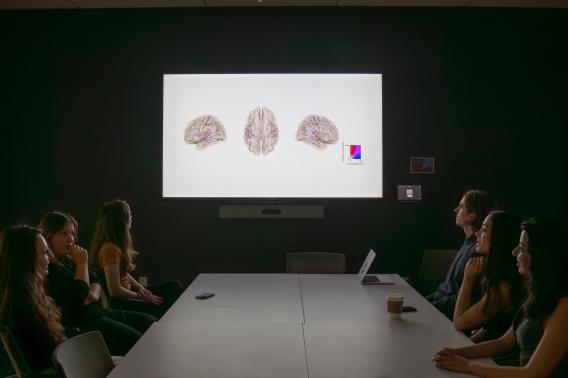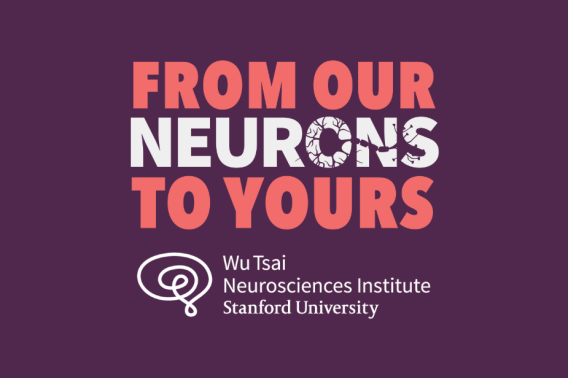NeuroDiscovery applies cutting-edge techniques to make fundamental discoveries in brain science — discoveries that could unlock new medical treatments, transform education, inform public policy, and help us understand who we are. Our scientists peer at individual molecules operating where one neuron sends signals to the next. We trace networks of interconnected neurons to map the neural circuits responsible for different brain functions. And we tap into those circuits, tracking dynamic chemical and electrical signals to understand how our brains detect, integrate and transform stimuli into action.
Related Projects
Wu Tsai Neurosciences Institute
SIGF - Graduate Fellowship
2024
Uncovering the neurochemical basis of colonic water absorption
Wu Tsai Neurosciences Institute
SIGF - Graduate Fellowship
2024
Uncovering behavior-dependent entorhinal maps with state space models
Wu Tsai Neurosciences Institute
SIGF - Graduate Fellowship
2024
Uncovering the roles of representational drift in the brain through the lens of dynamical systems and their practical implications in brain-computer interfaces
Wu Tsai Neurosciences Institute
SIGF - Graduate Fellowship
2024



